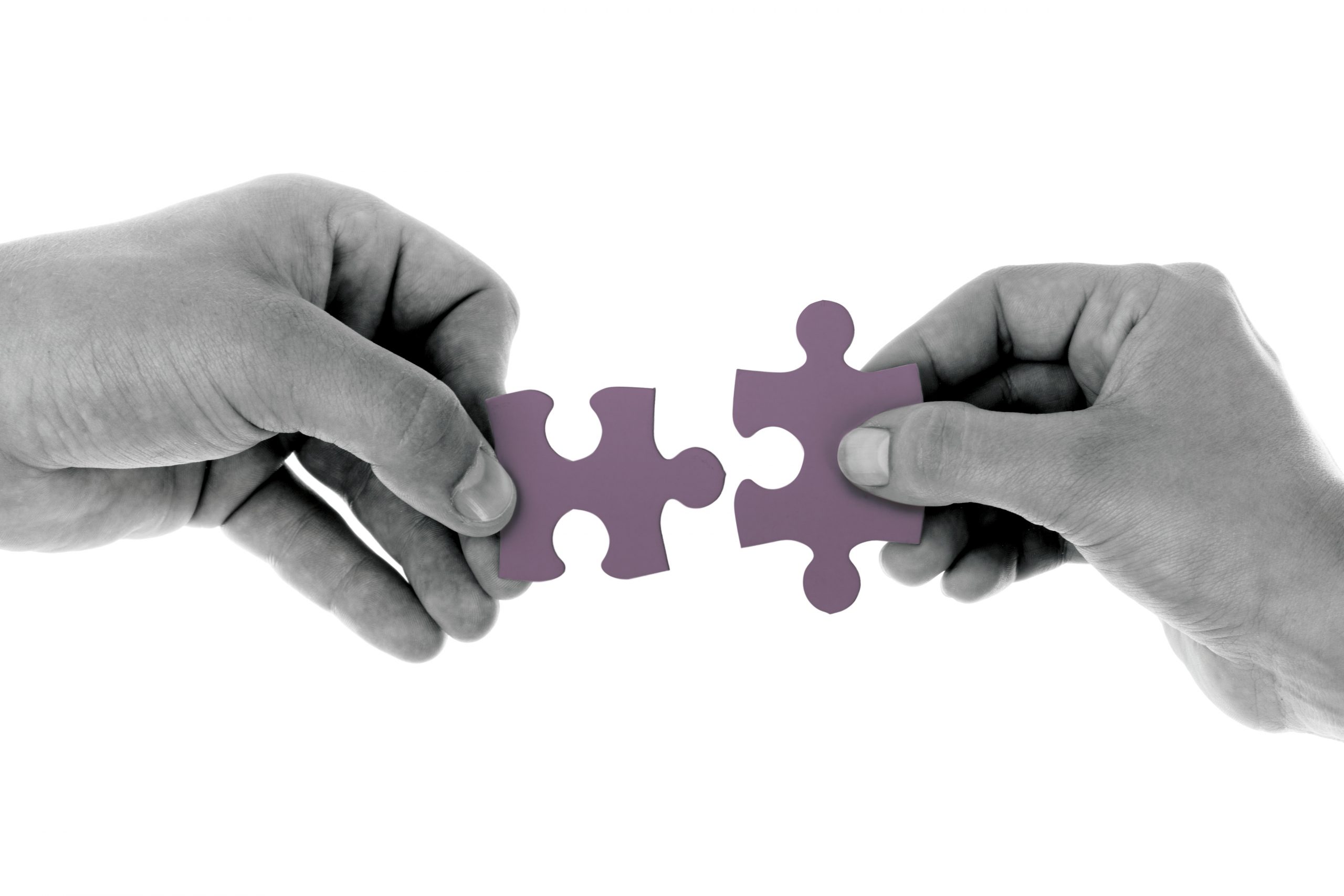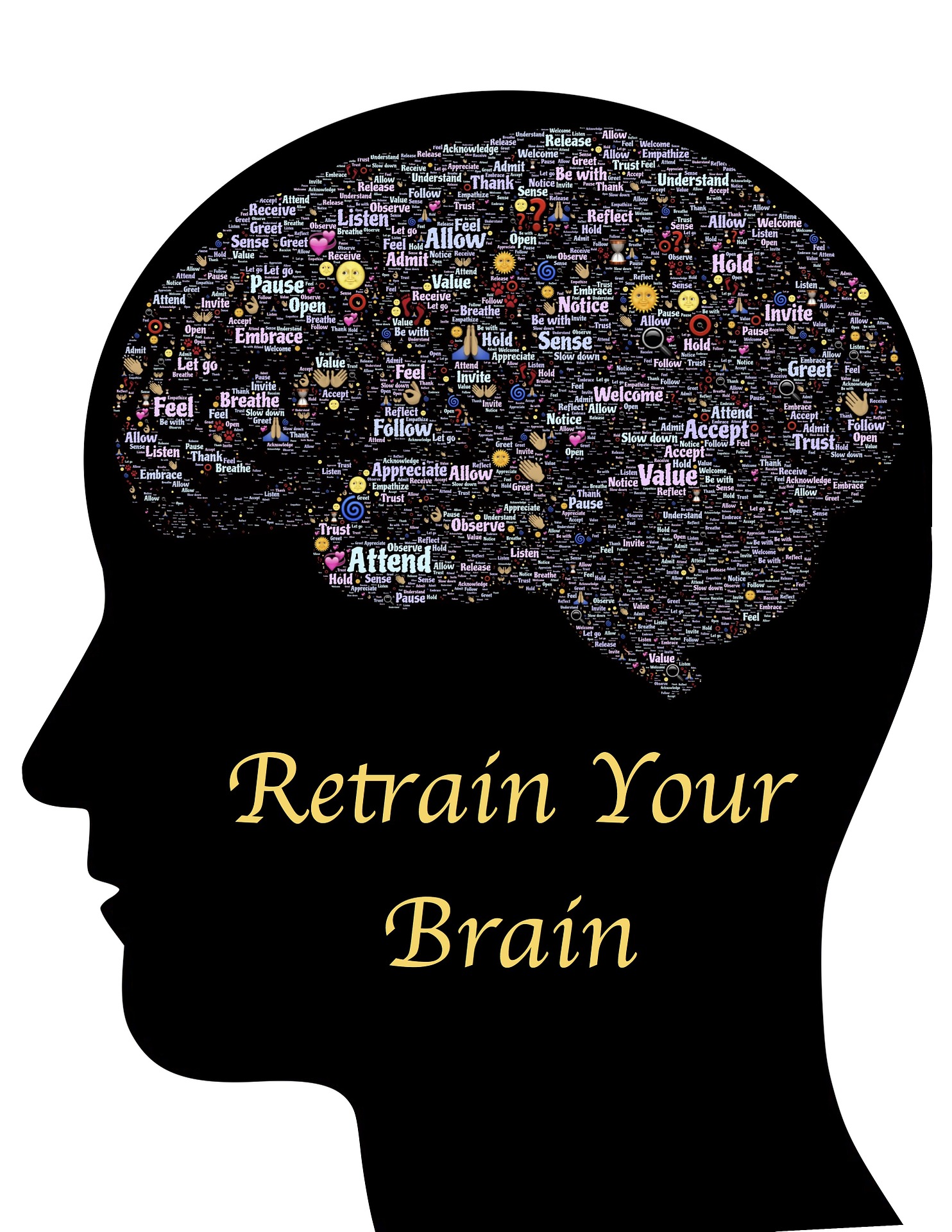As I dive down this rabbit hole that is project/task based learning, I am finding more and more that this type of learning (or desire to teach this way) is actually more prevalent than most people realize.
First of all, there are the numerous terms used for essentially the same type of learning, such as;
Project Based Learning 🔹Task Based Learning 🔹Problem Based Learning 🔹Experiential Learning 🔹Place-Based Learning 🔹Hands-on Learning 🔹Real-life Application 🔹Applied Learning 🔹 Etc.
All of these terms refer to using content specific skills in a simulated or real world scenario to come up with some kind of solution, and chances are, if any of these resonate with you, you’re probably already employing some aspects of project/task based learning!
Second of all, I am starting to notice undergraduate and graduate level courses showing up, geared at teaching these types of learning approaches. Perhaps some of these have been around for awhile, and I’m just finding out about them now because I am becoming more exposed to these approaches, but I think it’s exciting and encouraging to see that the ideas I have about this type of learning, are being echoed by higher education.
Does this excite you? It should! So many times, when we as educators hear about a “new” way of presenting material or engaging students, we’re often left feeling like we’re not doing enough, like we don’t measure up or are ineffective. This is frustrating and depressing, and I want people who interact with PBLS to feel encouraged, excited, and validated! What better way to validate what you are doing, than to see that others are doing it too, and valuing it (such as with college level classes), or that what you are doing is in line with “new” things coming down the line!? Maybe there is a slightly different perspective you could consider, or a new idea you hadn’t employed yet, that you could try or add to what you are doing, and that would be great, but knowing you are ALREADY doing some of it, can be very freeing and encouraging!
So What are some of the things you might already be doing? Here is a list of some of the ways I have seen/experienced project/task based learning used in the classroom!
- Labs. I feel like this goes without saying, but any class that involves a lab is doing project/task based learning. Labs are the epitome of applying what you learn to an actual scenario, and you don’t have to be teaching science to incorporate labs! I’ve used them in my math classes! For example, what better way to teach linear relationships, than to gather your own data and figure out the relationship yourself!? I also frequently have what I call “math labs” where students are given a series of applied problems to practice the content. Either way, the concepts and skills are being applied to solve a problem or explain a phenomenon.
- Research Projects. These are the most versatile activities. They can be large unit long research papers, they can be group tasks, they can be short interest based activities, and the outcome you look for can be a paper, presentation, product, or any combination of those things! EVERY co-worker I have ever interacted with has used research projects at least once in their yearly curriculum. As a few examples from my own classes, I had a stats class collect data about people’s perception of technology from their own community, then compare it with statistical analysis to results from 10 years ago. The project was a culmination of what they had learned throughout the year about designing a statistical study and testing hypotheses, and they had to work together to find the information they needed, analyze it, and create a scientific report about their findings! That was a large scale example, but I’ve also done smaller scaled ones, such as the kite project I gave my geometry students. They were required to research kites, what makes them fly, what shapes/designs were best, and then they had to create their own kites, test them, and put together a presentation about it. The stats project took several weeks at the end of the semester, the geometry project took about 1 week.
- Class Activities. Oh goodness, this can cover so much! Sometimes it’s a game (like Yahtzee, sudoku, scrabble, Bingo, etc.), sometimes it’s a manipulative task, sometimes it’s an online activity, like Quizlet or Desmos. The options are endless with this one…really the only criteria is that the content is used in a real-world setting, or to solve a pertinent problem! There is a goal, and the students need to use what they are learning to reach that goal.
- Field Trips. I’m not sure this really needs to be explained, but if you’re doing field trips, you’re engaging in real-world/experiential learning. I recognize some field trips are more about the experience of being in a new place, or taking in information about something, but there are many ways to turn a field trip experience into an application task as well, and lots of museums and other establishments now offer these kinds of activities! I have a friend from college who now works as a museum learning director (she teaches classes and facilitates learning activities within the museum!), and I have recently seen educational tour packages available from places like sport stadiums, state parks, Zoo’s, Aquariums, Animal Reserves, Wind Farms, Candy Factories, Texas Instruments, and more! If this kind of teaching is not your specialty, by all means take advantage of the opportunities others are offering!
- Videos/Observations W/Discussion. I’ve seen this one used a lot in english and history type classes, but it doesn’t need to be limited to that. Quick videos can also be used to show a specific phenomenon in a science class, documentaries can be used in art and language classes, and I have used video clips in my math classes to show concepts being used (such as in architecture, construction, etc.) The opportunities here really are endless, but the key to making them effective learning tools is the discussion, which could be a classwide verbal discussion, or some kind of thought provoking exit quiz. I’m not referring to questions like, “what was the tallest skyscraper”, but more content specific questions, such as “What shapes did you see in the sky scrapers? Was there a common theme you saw repeated in many different ones?” or “Why do you think the soda shot up into the air when it was dropped? What scientific concept might be happening in that moment?” These kinds of probing questions get students thinking about how the world around them works, and how what they are learning applies to it.
- Interactive Tools. Interactive tools are really anything that responds to an input the student gives. It could be a scale, a pinwheel, a robot of some kind, a computer program like Desmos or Geogebra, even most writing platforms like Microsoft word, Pages, or Google Docs can be seen as interactive tools, because they immediately respond to student’s writing, pointing out spelling errors, incomplete sentences, etc. And, you can make comments directly on the students work. If you are using anything like this, you are using a form of experiential learning.
This is by no means an exhaustive list, but I hope it’s enough to get your mind thinking about the ways you may already be using project/task based learning in your classrooms! I want you to feel encouraged and empowered, but also intrigued to use these methods more! Maybe there was an example given here that you haven’t tried yet, and it piqued your interest. That would be awesome! The main goal is to get students to see how what they are learning applies to real life, and use it to solve problems, both in simulated applications, and in direct situations. The biggest question I get from students is “when will I ever need this in real life?”, and this approach to learning is the best answer I have ever found to that question! Instead of having to take our word for it, students can SEE their answer, Experience it for themselves, and Discover their own answer, and honestly, that is the most effective learning there is!




1 thought on “Ways You May ALREADY Be Doing Project/Task Based Learning!”